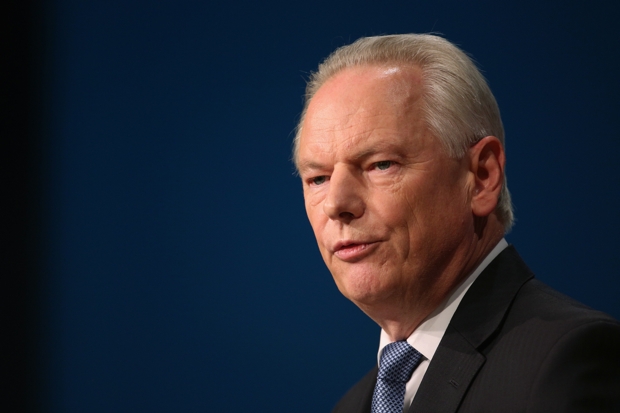Every government comes to power eager to deliver on its manifesto pledges and policy ideas. Yet our polling shows that just 1 in 6 of us believe politicians focus on fulfilling their election pledges. This mismatch between ambition and perception may be explained by another widely held opinion – most of us don’t believe that politicians make a priority of running government professionally.
There is quite a bit of truth behind this view – governments too often fail to make the right decisions as they set up their systems, structures and relationships from the first day in office. If the next government wants to win the confidence of the electorate, it must deliver on its campaign promises. The Institute for Government has set out five key decisions for the next government to help it achieve this:
- The prime minister needs to resist temptation to dismantle the structures of No 10. Historically this has simply led to them having to be reinvented again, but only after critical areas like the NHS reforms have slipped through without proper political scrutiny. Instead, the Cabinet Secretary, our top civil servant, needs to guarantee that there is a strong ‘core offer’ of support, quickly tailored to the needs of the prime minister.
- The prime minister must ensure there is political drive behind Whitehall reform – making sure it is capable of delivering their priorities. After having had a single minister, Francis Maude, focused on this for five years, it would be a disaster if we returned to cycling though 12 ministers in 13 years, as happened between 1997 and 2010.
- Any government, no matter what its political composition, will need to deal with a public service industry worth approximately £90bn a year. This means getting people in with the experience to get the taxpayer a hard-nosed agreement, and avoid the nasty legal conflicts that can last years – the 2010 cancelation of the e-borders contract is still in the courts five years later, with the government potentially liable for over £200m in damages.
- New ministers need to take the time for inductions and ongoing training designed to help them set priorities and manage the complex organisations they lead. Many of them will have no experience of working in, let alone leading, a major Whitehall department. As former Home Secretary Jacqui Smith recalls, ‘When I became Home Secretary, I’d never run a major organisation. I hope I did a good job, but if I did it was more by luck than by any kind of development of skills.’
- Ministers have to think implementation from the outset. While it’s vital to have a clear timetable to drive progress, countless National Audit Office reports chronicle failures caused by unrealistic timelines and over-optimistic budgets. It’s in ministers’ own self-interest to make sure plans are challenged and improved, and not just by civil servants. The people who need to make things happen on the ground, and indeed the public who are going to be affected, need to have ways to help ministers develop plans that will work.
None of this is particularly complex. But equally it is not going to happen by itself. These decisions need to be taken seriously if the next government is to avoid stacking the decks against itself from the start.
Julian McCrae is Deputy Director of the Institute for Government






Comments